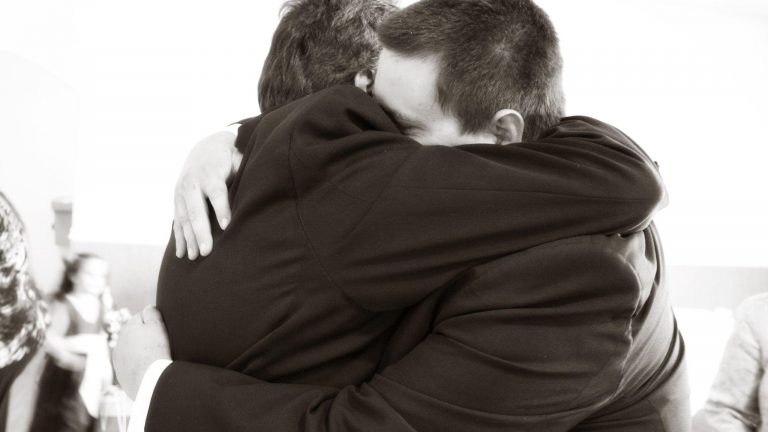When suffering from a chronic condition, one of the worst things you can do is isolate yourself. While transmissible diseases require steps to reduce exposure to others, most chronic conditions do not.
When someone has a chronic illness, they may find it hard to stay connected with other people. Unfortunately, failing to maintain relationships can result in unnecessary stress and increased depression, so it’s important to have a support network. And if your support system can’t come to you, check your area for disabled transportation services and go to them. It’s that important.
You can do plenty of other things to maintain your relationships and nurture support, and this article will cover a few of them.
Strategies for Maintaining Relationships
1. Open and Honest Communication: Whether you’re talking to your family, friends, or even your healthcare providers, it is important to be honest about how you are feeling and what you need. When people know what’s going on with you, it’s easier for them to help. So if someone asks, “What is lymphedema,” explain it clearly. If they say something untrue about your condition, don’t hesitate to correct them. People can only help you if they understand what’s going on.
2. Making Time For Activities Together: Spend time together doing activities that you both enjoy, even if it has to be modified for your condition. This could include playing board games from the comfort of your home or going out to get your nails done. If you really want to commit to spending time together, consider joining a club or support group. This can have the added benefit of meeting new people and expanding your support network even further.
3. Practicing Self-Care and Acceptance: Taking care of yourself is essential when managing a chronic condition, but it can be challenging to maintain relationships while doing so. Don’t feel guilty about taking time away from people to focus on your health. Developing self-care practices that support both physical and mental well-being will help you be able to spend time with people in the long run. In addition, it’s important to accept your condition and understand that you are still worthy of love and support from those around you. If you’re single, you should check out disabled dating sites like Disabled Mate or Disability Matches.
It’s important to remember that relationships don’t always have to be perfect to be meaningful. Making an effort to stay connected with family and friends is essential for maintaining relationships while living with a chronic condition.

Reach Out
If all else, consider contacting organizations and support groups for disabled individuals. Joining a support group can be an invaluable resource for those suffering from chronic illnesses. Not only do these groups provide much-needed emotional and moral support, but they also offer practical advice and resources to help manage your condition.
Some of the benefits that come from joining a disability support group are:
1. Increased Sense of Belonging: You’ll have the chance to connect with others suffering from similar issues. This can provide a sense of comfort and understanding that would otherwise be hard to find.
2. Develop New Coping Skills: Support groups allow members to share their experiences, so you can learn about different coping strategies that have worked for others in your situation.
3. Feel Empowered: Connecting with others like you can give you a sense of empowerment and validation that can be surprisingly transformative.
Living with a chronic illness is demanding, but it doesn’t have to mean giving up on relationships or neglecting self-care. With the right strategies, it’s possible to maintain relationships while managing your condition.

